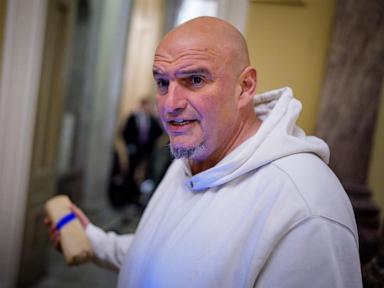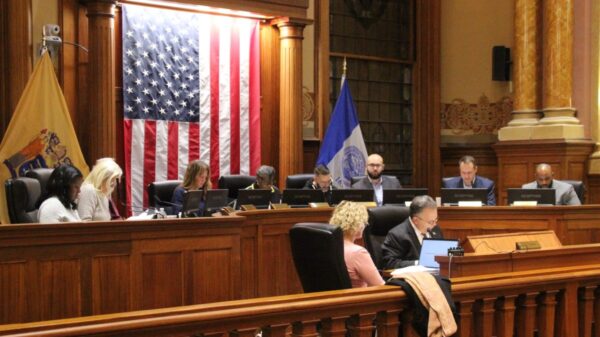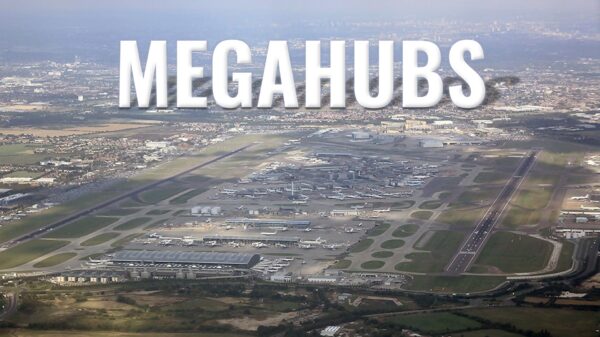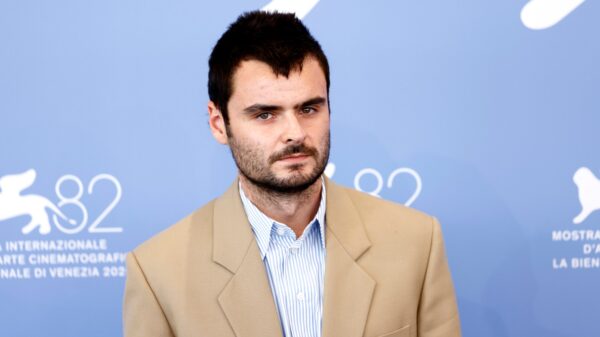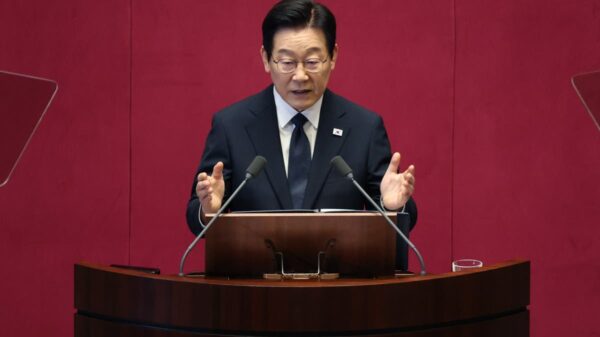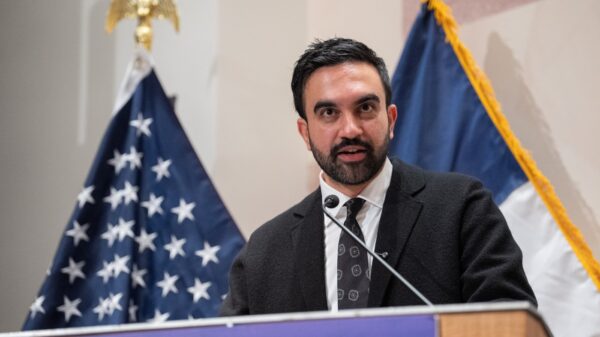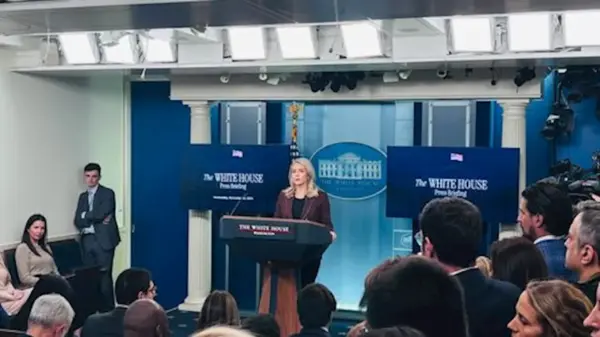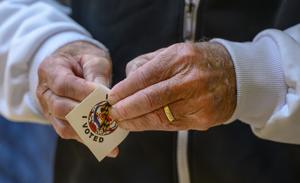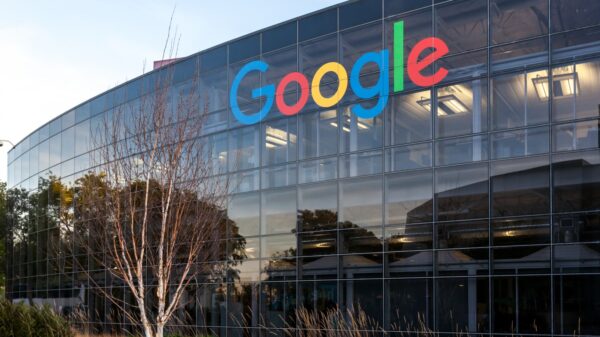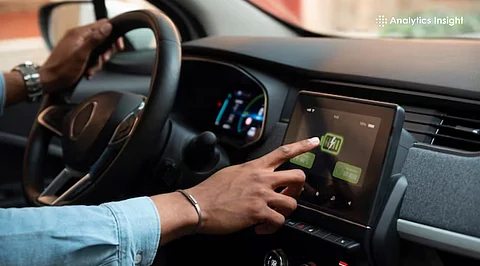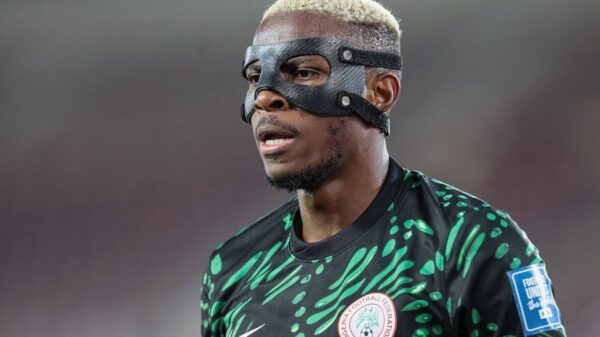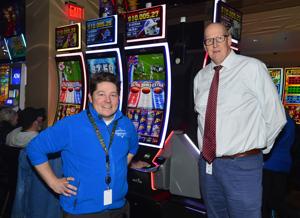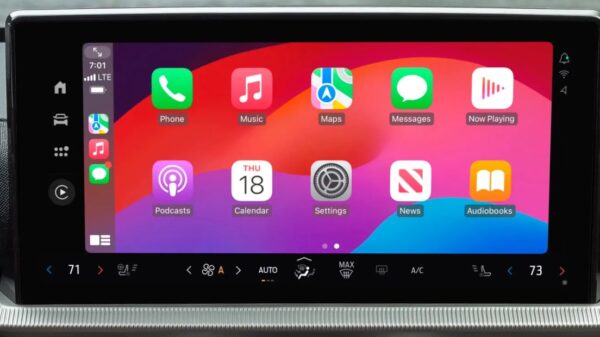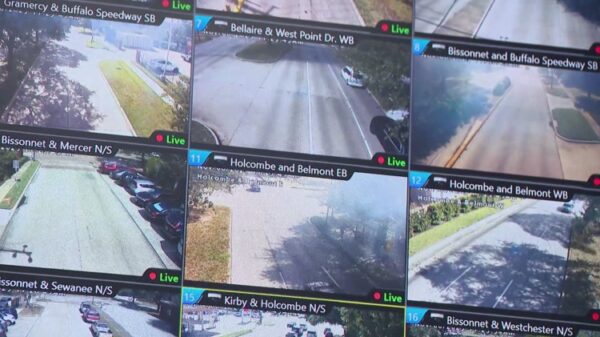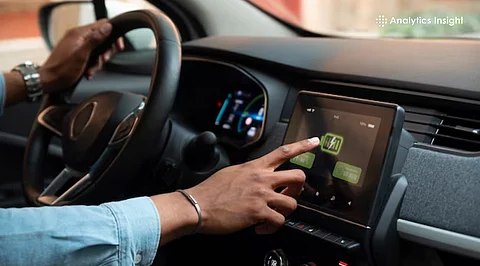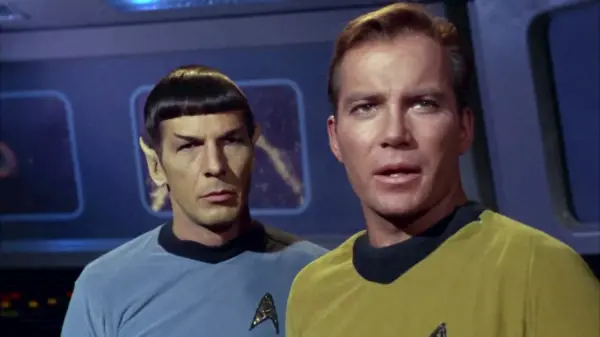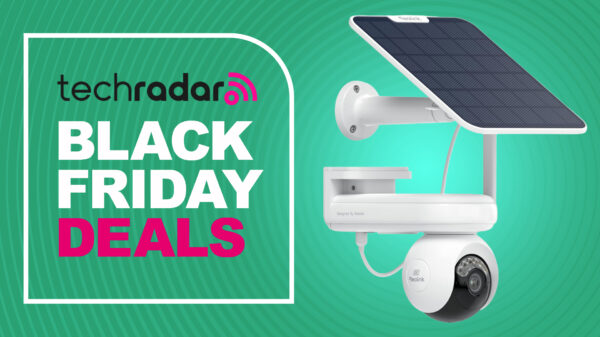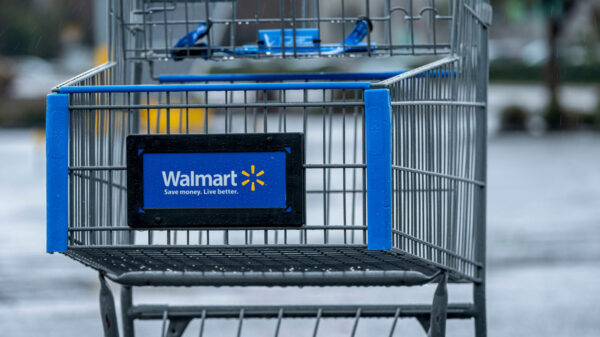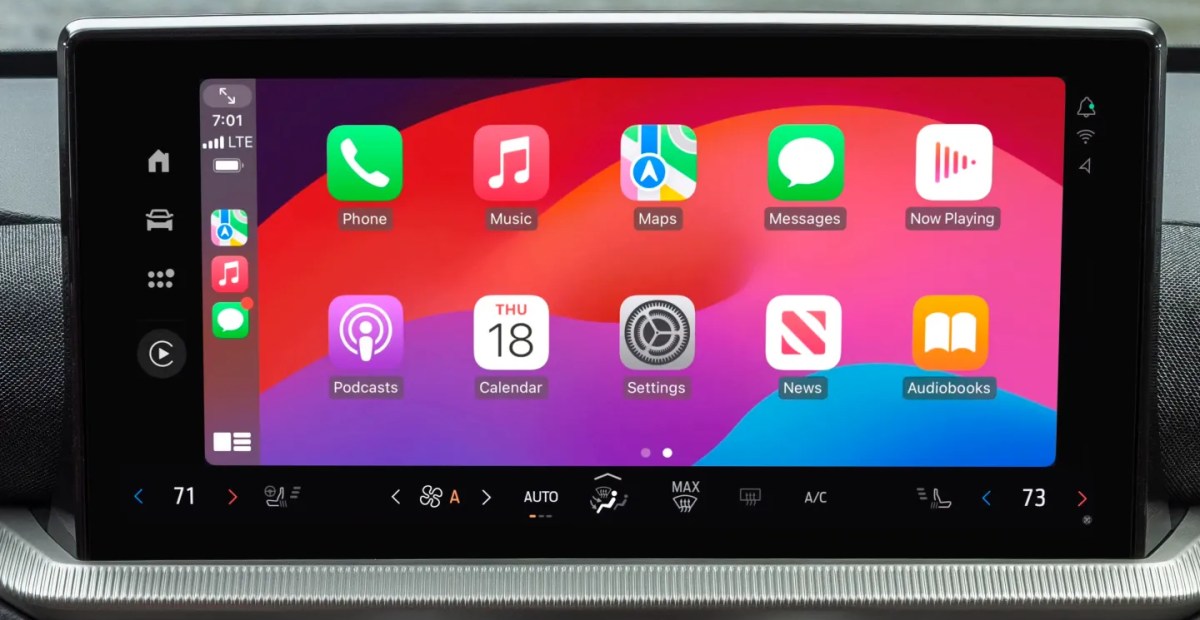Tesla is reportedly nearing a significant shift in its software strategy by potentially adopting Apple CarPlay, a widely sought-after feature among car buyers. According to a report from Bloomberg, the company has begun internal testing of the phone projection system and may be preparing to roll it out publicly in the upcoming months. This development comes after years of Tesla’s resistance to integrating third-party software, a stance that has drawn criticism from its customer base.
Historically, Tesla has been one of the few automakers to avoid adopting Apple CarPlay and Android Auto, emphasizing instead its own software capabilities. The company has maintained that it can offer a more cohesive experience than what is provided by a smartphone. Nevertheless, this position has started to shift, especially as Tesla faces a sales slump and seeks to reignite interest in its vehicles.
Tesla’s potential version of CarPlay is expected to feature prominently within its existing interface rather than replacing it entirely. This approach could allow the automaker to maintain control over its software while still catering to consumer demand for popular features. Reports indicate that Tesla plans to use the standard version of CarPlay, avoiding the newly introduced CarPlay Ultra, which integrates core vehicle functions such as the speedometer and climate controls.
The absence of Apple CarPlay has often been a dealbreaker for many prospective car buyers. A 2023 survey indicated that nearly half of new car buyers worldwide would not consider a vehicle that did not support either CarPlay or Android Auto. Furthermore, the survey revealed that 85 percent of respondents preferred these phone-based systems over the built-in software typically offered in vehicles.
Interestingly, this potential adoption of CarPlay comes at a time when other automakers, such as General Motors, are working to enhance their own software to reduce the need for third-party solutions like CarPlay. This reflects a broader trend in the automotive industry where companies are balancing the desire for proprietary technology with consumer expectations for modern connectivity features.
Elon Musk’s relationship with Apple has also been complex. He has publicly criticized the company’s App Store policies and expressed dissatisfaction when Apple recruited several Tesla engineers for its own electric vehicle project, which ultimately did not succeed. Despite this history, the changing landscape in the automotive market may necessitate a reevaluation of such rivalries as Tesla looks to adapt and grow.
As Tesla navigates these challenges, the potential introduction of Apple CarPlay could represent a strategic pivot aimed at bolstering sales and appealing to a broader audience. The company’s willingness to embrace popular technology may ultimately enhance its competitive position within the increasingly crowded electric vehicle market.

